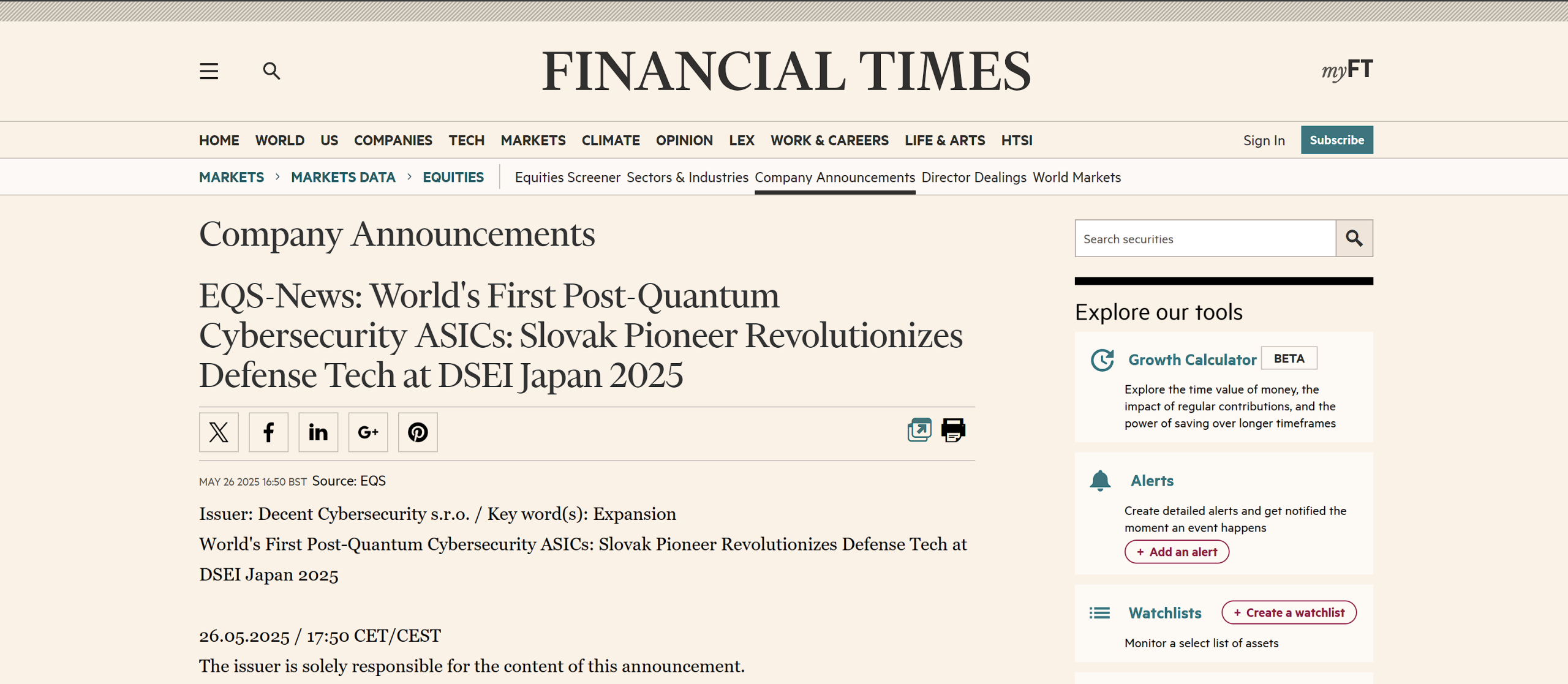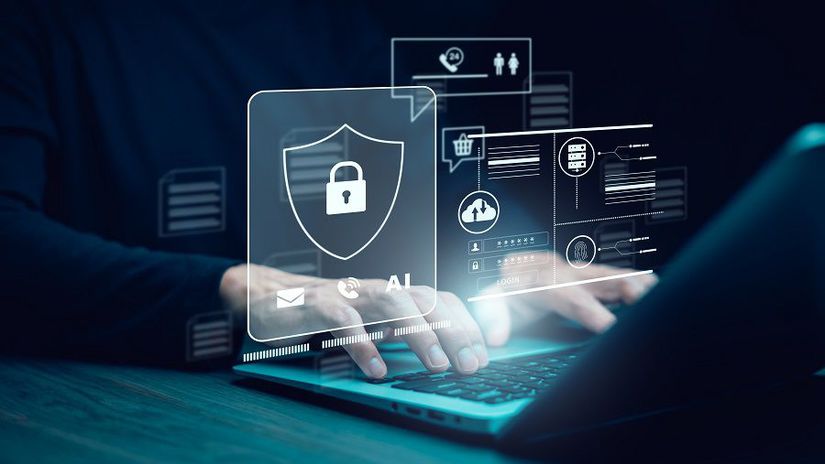The Quantum Threat to VPN Security
The year 2024 marks a crucial turning point in the field of digital security, especially for Virtual Private Networks (VPNs). With the rapid advancement of quantum computing, traditional encryption methods are under threat, necessitating a shift to post-quantum encryption to maintain the integrity and confidentiality of VPN communications.
Understanding the Quantum Computing Challenge
Quantum computers, with their ability to perform complex calculations at unprecedented speeds, pose a significant threat to conventional encryption protocols used in VPNs. This emerging technology can potentially decrypt data secured by current cryptographic standards, exposing users to privacy risks.
The Shift to Post-Quantum Encryption in VPNs
Recognizing this imminent threat, VPN providers in 2024 are actively transitioning to post-quantum encryption algorithms. These advanced cryptographic methods are designed to be secure against both conventional and quantum computing attacks, ensuring a higher level of security for VPN users.
Technical Innovations and Implementation Hurdles
Implementing post-quantum encryption in VPNs involves integrating cutting-edge cryptographic algorithms like lattice-based cryptography and code-based encryption. While these techniques offer enhanced security, they also present challenges in terms of computational efficiency, network performance, and interoperability with existing systems.
Enhanced User Security and Trust
The primary objective of incorporating post-quantum encryption in VPNs is to reinforce user trust and security. In an era where digital privacy is paramount, VPN providers are committed to offering robust protection against both current and future cyber threats, ensuring secure and private internet access.
Global Collaborative Efforts and Standardization
The transition to post-quantum encryption in VPNs is a global effort, involving collaboration among cybersecurity experts, academic researchers, and regulatory bodies. Standardization initiatives, particularly those led by organizations like NIST, play a crucial role in guiding the VPN industry towards effective and secure post-quantum cryptographic practices.
Navigating the Quantum Era with Enhanced VPN Security
As we progress through 2024, the adoption of post-quantum encryption by VPN providers signifies a proactive approach to cybersecurity. By staying ahead of quantum computing developments, VPNs are not only securing current digital communications but are also laying the groundwork for resilient and future-proof online privacy solutions.





